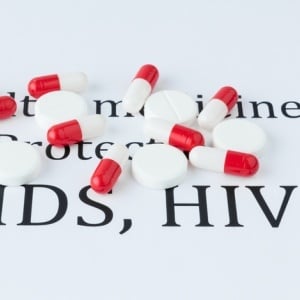
A new report, released by the Human Science Research Council, into HIV prevalence and incidence in South Africa, has shown a significant decline in new infections in 2017, compared to a similar survey five years ago.
But more concerning for researchers was the occurrence of risky behaviour among respondents.
It found that consistent condom use was low, early sexual debuts before the age of 15 had increased among males, and more than a third of young women had sexual relationships with older men.
"It is concerning to find very little behaviour change seems to have occurred since 2012," said Dr Mpumi Zungu, from the HSRC's HIV/Aids, STIs and TB (HAST) Research Programme, and a co-principal investigator (PI) of the survey.
"This suggests that most of the reduction in new infections was likely due to the impact of the expanded ARV treatment programme," she said.
Decline in incidence rates
The survey was based on interviews with 33 000 people between January and December 2017, with 24 000 of them agreeing to be tested for HIV.
The survey found there had been a significant decline in incidence rates, but that there had been an estimated 231 100 new HIV infections in SA in 2017.
The researchers said, although still high, it was a significant decline compared to 2012.
The survey found that the HIV incidence rate was higher among females aged 15-24 years old, where it was three times that of their male counterparts.
Dr Sizulu Moyo of the HAST Research Programme, and one of the co-PIs of the study, said the survey had found that more than 60% or an estimated 4.4 million people living with HIV (PLHIV) were on antiretroviral treatment (ART).
She said the study had also found that viral suppression was 87.3% among PLHIV who were on ART, with females generally being more likely to be virally suppressed than males among those aged 15 to 64 years old.
Campaigns are helping
"This suggests that progress is being made in increasing ART coverage, however, more needs to be done to link those who test HIV positive to care as soon as they are tested, in line with the current policy of test and treat," Moyo said.
The survey did, however, find that social and behaviour change communication campaigns - such as those implemented by Soul City, Centre for Communication Impact (CCI), LoveLife and Community Media Trust campaigns - were reaching South Africans.
The study found that people who were highly exposed to these campaigns reported higher HIV testing, condom use, and correct knowledge of HIV compared to those who had lower or no exposure.
Image credit: iStock




 Publications
Publications
 Partners
Partners










